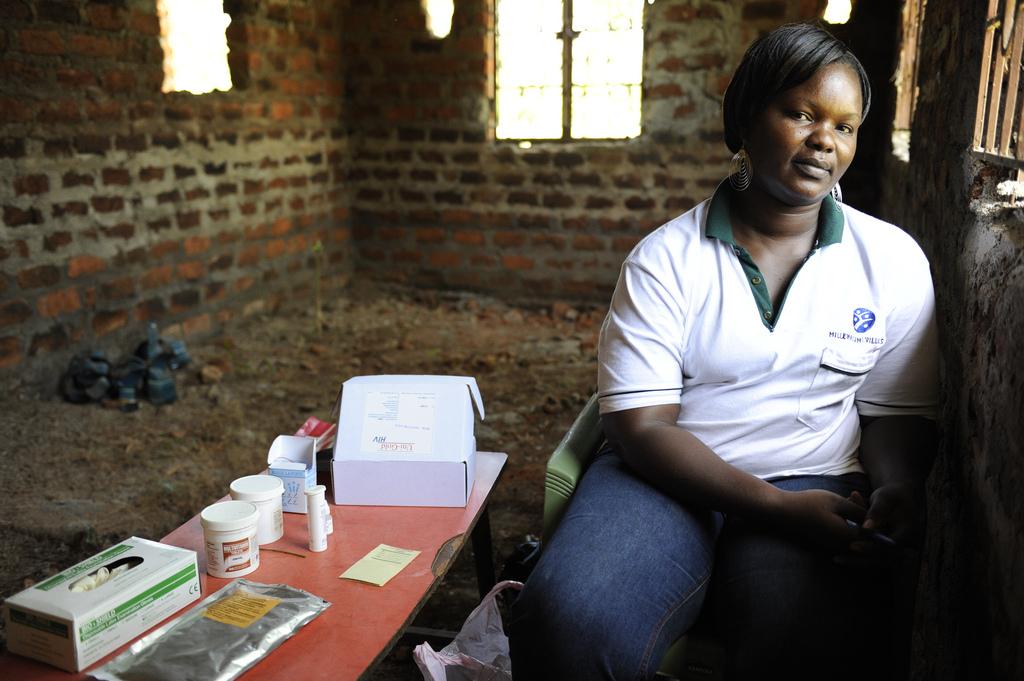
In October 2017, Kenya’s Narok County government approved the implementation of a national policy, which allows trained Community Health Volunteers (CHVs) to provide intra-muscular DMPA (DMPA-IM) injectable contraceptives, in addition to pills and condoms.
Since then, between October 2017 and January 2018, CHVs trained in providing DMPA-IM (known as community-based distributors) already provided a total of 1,195 injectable contraceptives to clients; 125 were new clients, 1,070 were revisit clients, and 108 were between 10-19 years old.
Although the national policy permitted task-sharing since 2011, a lack of training resources and funds prevented Narok County from carrying out the policy at the time. Advance Family planning local partner Jhpiego Kenya led advocacy efforts to mobilize resources for community-based distributor training and implementation. They conducted several advocacy meetings with stakeholders, citing the national task-sharing policy and data on the family planning services provided during a task-sharing pilot study in Tharaka Nithi county. Jhpiego’s advocacy efforts enabled Trans-Mara Rural Development Program, a local organization funded by Christian Aid-Kenya, to financially support the three-week community-based distributor training provided by the national and county Ministries of Health.
As a result of the training, 30 community-based distributors are now attached to six health facilities to provide DMPA-IM in areas where rough terrain and a dearth of health facilities limit women and girls’ access to services. All six Narok County community units in the sub-counties of Trans-Mara East and West have high rates of teenage pregnancy and maternal death, and are hard to reach.
Jhpiego Kenya is currently working with Narok County and other local implementing partners to train 30 more CHVs in two additional sub-counties. The scale-up is necessary to address the county’s high teenage pregnancy rate of 40%, compared to the national average of 18% (Kenya Demographic and Health Survey 2014). Jhpiego is also establishing a real-time mechanism to capture data on CHVs’ family planning service provision. The aim is to enhance recording and interpretation of community-based service provision to allow for more evidence-based decision-making and possible scale-up.

